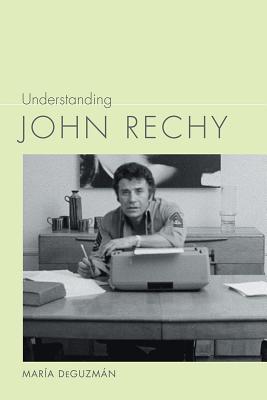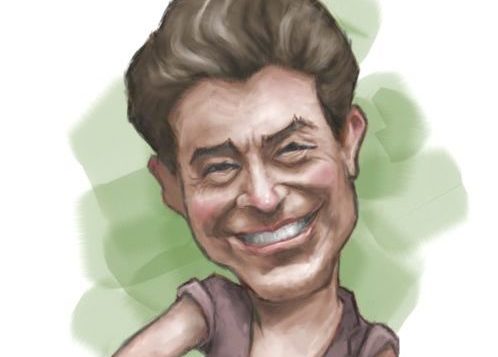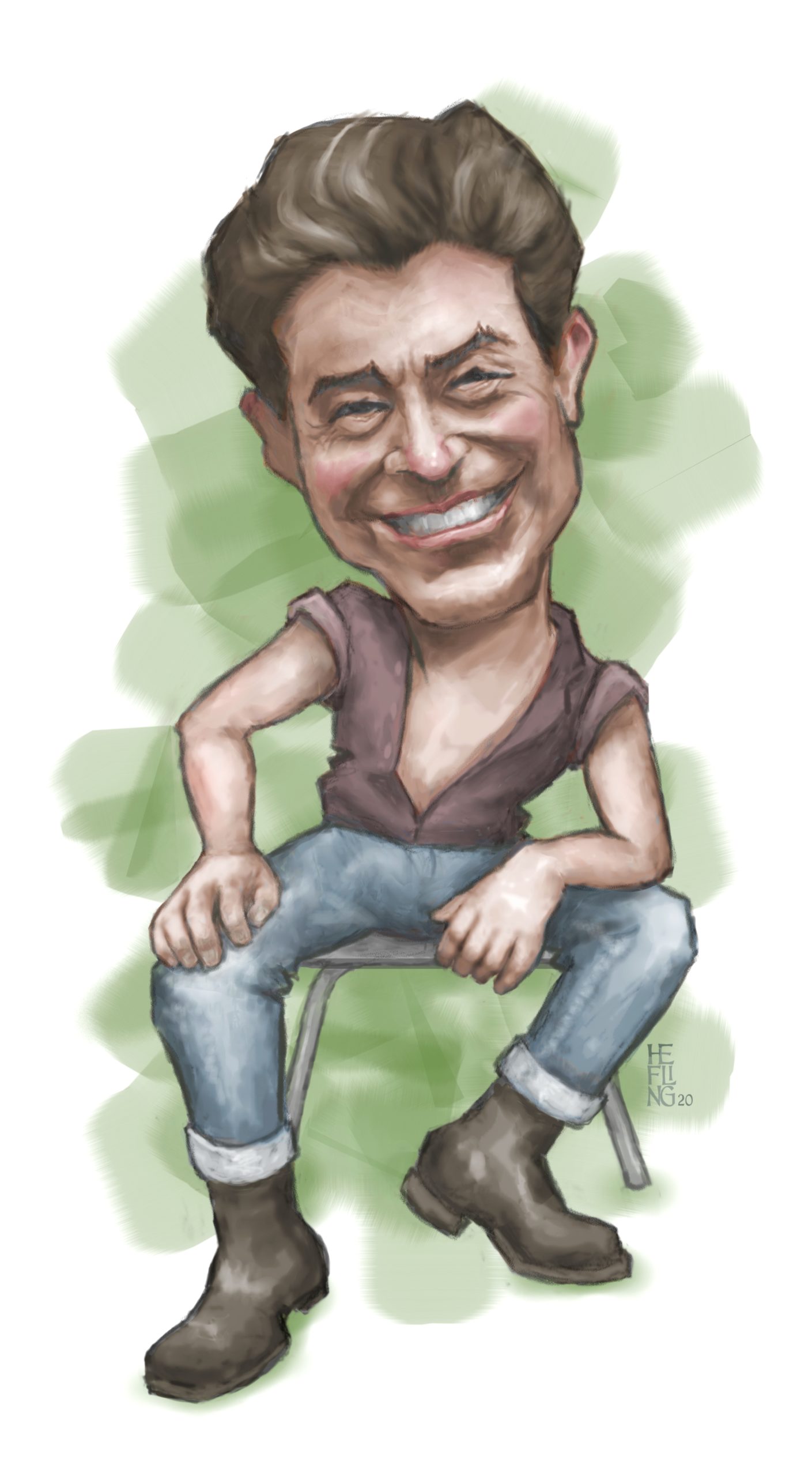 Understanding John Rechy
Understanding John Rechy
by María DeGuzmán
University of South Carolina Press
152 pages, $39.99
FOLLOWING THE PUBLICATION of his inaugural novel, City of Night, in 1963, John Rechy became widely celebrated as the bad boy of American gay literature. Tracing the restless odyssey of an unnamed “youngman” (Rechy’s preferred term for a sexually desirable male) from El Paso to various cities around the country and home again, the novel provided the American mainstream with its first exposure to gay hustlers, johns, drag queens, and other inhabitants of the sexual underworld. And Rechy, who regularly posed for photographs in muscle tees or denim shirts open to the navel, successfully fashioned himself as a gay Prometheus Unbound who defiantly challenged the social status quo and promulgated a radical gospel of sexual liberation six years in advance of Stonewall.
Rechy continued to explore the operations of the gay demimonde in Numbers (1967), in which a “youngman” named Johnny Rio cruises the parks, beaches and movie theaters of Los Angeles, having sex with thirty men in under ten days. Johnny’s anonymous sexual encounters function as an exercise in existential affirmation: he feels that he exists only insofar as he’s desired. Paradoxically, in his increasingly frantic need to score, Johnny’s orgasms become more mechanical than exciting. And because his partners are never allowed to become real to the protagonist, much less to Rechy’s reader, the narrative grows flat. We never know, for example, how someone smells or how his skin feels. Orgasm is la petite mort in more ways than one.
Rechy’s most important book remains The Sexual Outlaw (1977). Subtitled “A Documentary,” the pastiche juxtaposes news reports about incidents of anti-gay discrimination and violence with episodes from a three-day long “sexhunt” (Rechy’s term) of a Los Angeles hustler named Jim. The book proves to be an apologia pro vita sua in which the protagonist’s defense of his life—his defiance of sodomy laws, his circumvention of corrupt vice cops, and his refusal to adhere to the Mattachine Society’s attempts to make gay men and women appear normal and thus less threatening to the heterosexual majority—coalesces in a celebration of sexual outlawry, which Rechy presents as a heroic rejection of America’s Ozzie and Harriet complacency. The book can profitably be read alongside Charles Shiveley’s provocative Fag Rag essays of the 1970s, which valorize various sexual acts as anarchic challenges to an odious system of stultifying social values. (See, for example, his “Cocksucking as an Act of Revolution.”) Or, as Maria DeGuzmán puts it in jargon-laden prose in her new book, Understanding John Rechy, his “critique of U.S. society and its expectations and delusions [is]achieved through the protagonists’ dissent from compulsory heteronormativity.”
Consequently, it is not unfair to think of Rechy, who cast such a long shadow over the 1960s and ’70s literary scene, as a raunchy, gay Hugh Hefner, provocatively justifying his right to take physical pleasure from whatever acolyte is willing to worship at the altar of his narcissism, and refusing to feel shame that he cares so little for his partners.
By the mid-1980s, however, as the gay community struggled to care for the thousands of friends and lovers who had developed full-blown AIDS, Rechy’s valorization of “sexhunting” began to sound like the Siren Song that had led so many lives to their doom. Gay readers did not abandon Rechy, but his Peter Berlin-style narcissism grew wearying. To men of his generation who’d learned to accept the aging process as gracefully as they could, while being forced by the AIDS epidemic to rechannel their sexual energies, Rechy—once the standard-bearer as we stormed the citadel of oppression—suddenly seemed passé. Not even a sympathetic biography of him by Charles Casillo in 2002 could renew interest in Rechy as a groundbreaking gay writer. He seemed to have suffered a fate similar to that of Marlon Brando, another sexy bad boy who dazzled in his twenties and thirties, only to lose his edge as his middle-aged body lost definition.
Raymond-Jean Frontain is author of The Theater of Terrence McNally: Something about Grace(2019) and editor of the forthcoming Conversations with Terrence McNally.








